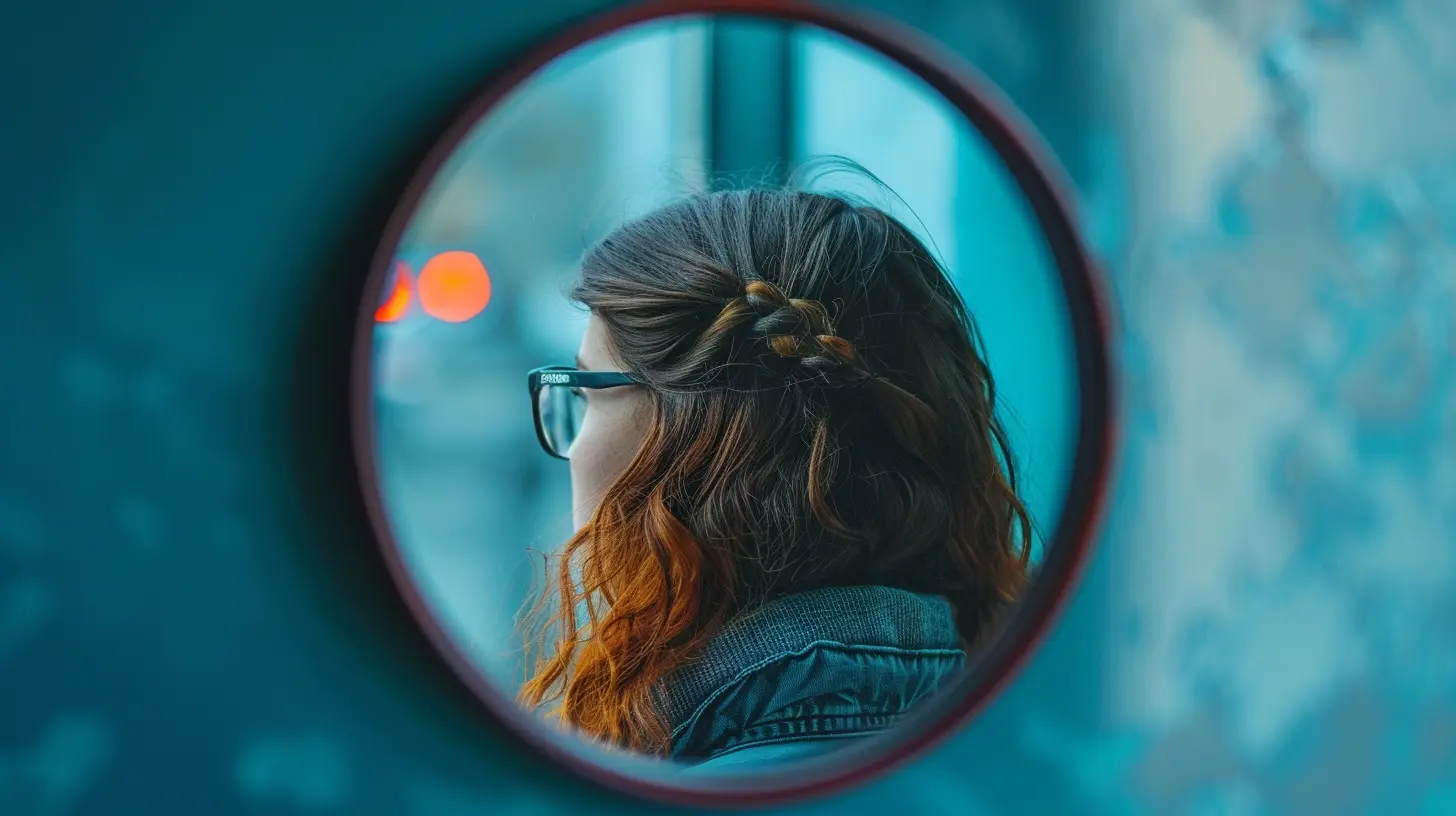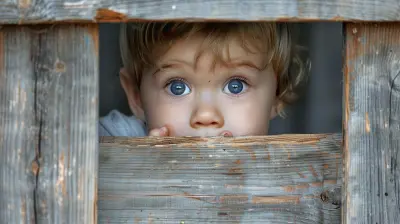10 February 2025
Let's be real: adolescence can be tough. In fact, it's a time often filled with both emotional highs and lows, and one of the most significant concerns many teens face is their body image. This issue isn't as simple as just "wanting to look good." It goes deeper—right into their self-esteem, their stress levels, and even their mental health.
But here's the good news: as parents, caregivers, or mentors, we can play a crucial role in helping our teens navigate these difficulties. So, let’s dive into the heart of this issue and explore how we can support our teens through body image concerns. We’re talking practical tips, insights, and how to foster a positive sense of self in young people.

What Is Body Image, and Why Does It Matter?
Before we go into how to help teenagers with their body image, we need to understand what body image actually is. In short, body image refers to how an individual perceives their body's appearance and how they feel about it. It's not just about seeing yourself in the mirror—it's about how you feel when you look in that mirror.For teens, their body image can be deeply influenced by a wide variety of factors, including:
- Media and Social Media: Instagram, TikTok, Snapchat… it’s all there, constantly showing “ideal” images of people who often don't represent reality. Teens absorb this like a sponge, sometimes without realizing it.
- Peers: The opinions, compliments (or insults), and behaviors of friends and classmates can have a huge impact.
- Family Expectations: How we as parents talk about our own bodies, or even casually comment on theirs (whether positive or negative), can shape how they feel about themselves.
When a teen has negative body image, it doesn't just affect their self-esteem. It can lead to feelings of anxiety, depression, eating disorders, and other detrimental behaviors. So yeah, body image is kind of a big deal.

Why Are Teenagers So Vulnerable to Body Image Issues?
It might seem like this generation is under more pressure than ever to look a certain way. And you’d be right. But why are teens in particular so susceptible to body image concerns? There are a few reasons for this:Puberty Is a Rollercoaster
First, let's address the elephant in the room. Teens are going through physical changes—major ones. Puberty brings with it changes in height, weight, body shape, and even things like skin conditions (hello, acne!). These changes can feel unpredictable and confusing. Navigating all of that while comparing themselves to others? It’s a perfect storm for body image struggles.Social Pressure Is Sky High
We live in a hyper-connected world. Social media is where teens live these days, and it can feel like there’s an invisible scoreboard keeping track of who’s popular, cool, or attractive based on selfies, likes, and comments. It can create an intense feeling of inadequacy when your teen doesn’t “measure up” to an unrealistic standard.Identity is Still Taking Shape
During adolescence, teens are figuring out who they are. Body image and self-esteem are often tightly intertwined with identity. If they don’t feel good about how they look, it’s easy for them to slip into thoughts of “I’m not enough.” That internal dialogue can erode their overall sense of self-worth.
Signs Your Teen is Struggling with Body Image
So, how do you know if your teenager is battling body image issues? It can sometimes be subtle, but there are signs to look out for.Excessive Focus on Appearance
Is your teen suddenly obsessed with how they look or constantly checking themselves in the mirror? While some amount of concern over appearance is normal for teens, if it becomes constant or leads to distress, it’s worth paying attention to.Avoidance of Social Situations
Is your teen skipping out on social events, especially those that involve being in more revealing clothing, like swimming or sports? Avoiding these situations could indicate discomfort with how they feel about their body.Negative Self-Talk
Listen for phrases like "I hate my body," "I need to lose weight," or "I’m ugly." These statements are not just passing thoughts; for some teens, they reflect deeply ingrained beliefs.Changes in Eating Habits
You might see your teen engage in extremes—either eating very little or binge eating—especially if they’re doing it in secret. Food becomes a way of either punishing or controlling the body, and this can be a red flag for more serious issues like eating disorders.
How to Talk to Your Teen About Body Image
Now that we’ve identified some of the warning signs, the next step is figuring out how to talk to your teen about body image—and trust me, this can feel like navigating a minefield.Create a Safe Space for Open Conversation
First of all, it’s crucial to foster open communication. Let your teen know that no matter what, they can talk to you about how they’re feeling. This isn’t always easy; teens are notorious for shutting down when faced with uncomfortable conversations. But simply letting them know you’re there, that you won’t judge, and that you’re willing to listen can be wildly impactful.Ask Questions, Don’t Make Assumptions
Try to avoid turning the conversation into a lecture. Instead, ask questions that encourage your teen to share. For example:- “How do you feel about the way people look on social media?”
- “What do your friends say about appearance? Does that ever bother you?”
This opens the door for dialogue without putting them on the defensive.
Emphasize Health, Not Weight
When talking about body image, it’s essential to reframe the conversation around health rather than appearance. Avoid comments like “You should lose weight” or “You’re too thin.” Instead, focus on healthy habits, like eating well, drinking water, getting enough sleep, and exercising to feel good—not just to look good.If they start throwing out numbers (“I need to weigh X pounds”), steer them away from fixating on a weight or size. Remind them that everyone’s body is different, and that there’s no universal “perfect” body shape.








Oriana McElroy
Because teens totally listen to parents, right?
March 30, 2025 at 2:29 PM